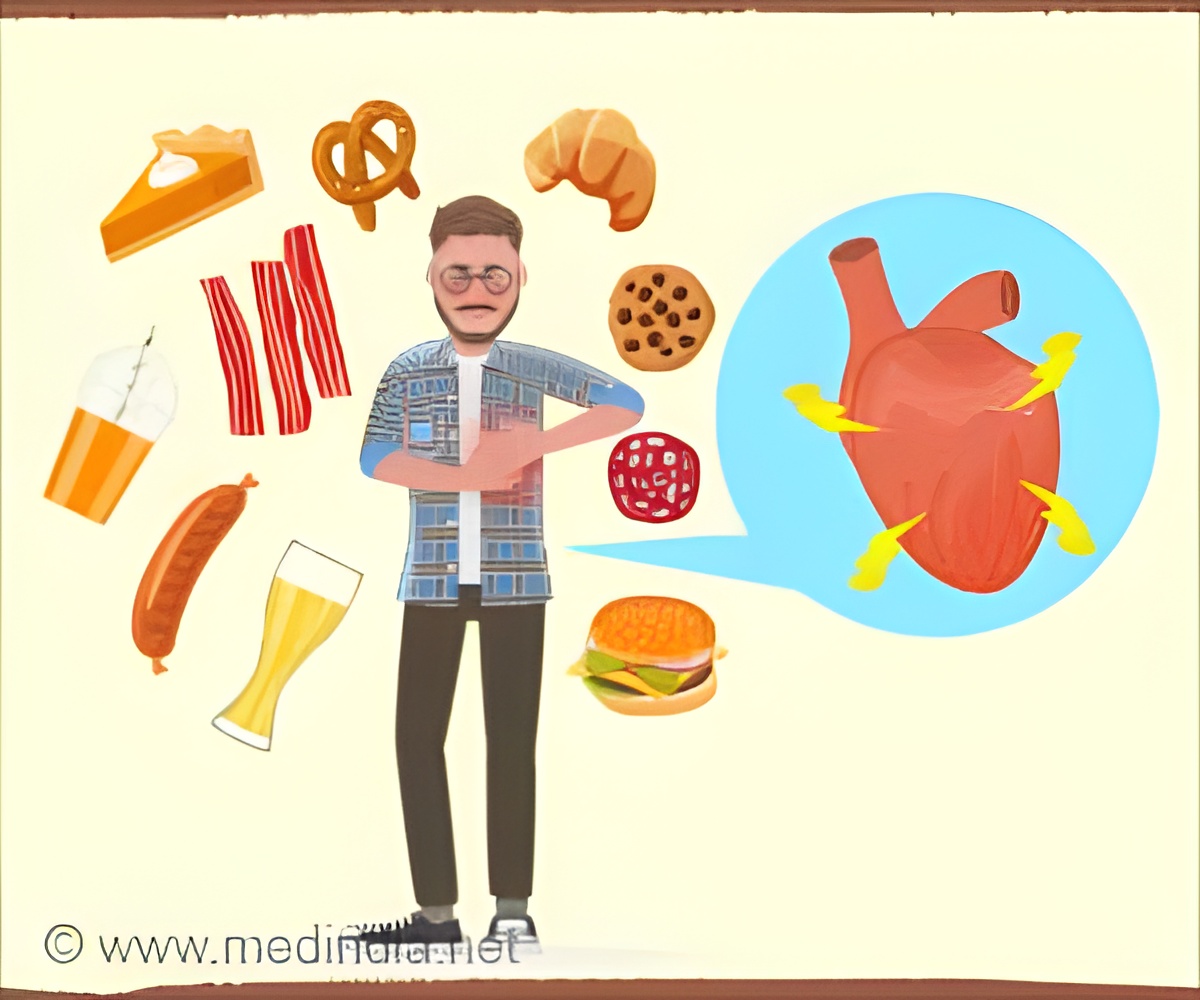Consuming significant quantities of trisodium phosphate (E339) was likewise linked to a higher risk of developing coronary heart disease.

Food additive emulsifiers and risk of cardiovascular disease in the NutriNet-Sante cohort: prospective cohort study
Go to source). Given that these food additives are used ubiquitously in thousands of widely consumed ultra-processed food products, these findings have important public health implications, say the researchers.
Common Emulsifiers in Processed Foods
Emulsifiers are often added to processed and packaged foods such as pastries, cakes, ice cream, desserts, chocolate, bread, margarine and ready meals, to enhance their appearance, taste, texture and shelf life. They include celluloses, mono- and diglycerides of fatty acids, modified starches, lecithins, carrageenans (derived from red seaweed; used to thicken foods), phosphates, gums and pectins.‘Emulsifiers have the potential to disturb gut microbiota and trigger inflammation, which may result in an elevated vulnerability to cardiovascular issues. #emulsifiers #heartdiseases ’





To explore this further, researchers in France set out to assess the associations between exposure to emulsifiers and risk of cardiovascular disease, including coronary heart disease and cerebrovascular disease - conditions affecting blood flow and blood vessels in the heart and brain. Their findings are based on 95,442 French adults (average age 43 years; 79% women) with no history of heart disease who were taking part in the NutriNet-Santé cohort study between 2009 and 2021.
During the first two years of follow-up, participants completed at least three (and up to 21) 24-hour online dietary records. Each food and beverage item consumed was then matched at the brand level against three databases to identify the presence and the dose of any food additive. Laboratory tests were also performed to provide quantitative data.
Participants were also asked to report any major CVD event, such as a heart attack or stroke, which were validated by an expert committee after reviewing the participants’ medical records.
Deaths linked to CVD were also recorded using the French national death register, and several well known risk factors for heart disease including age, sex, weight (BMI), educational level, family history, smoking status, physical activity levels, and diet quality (e.g. sugar, salt, energy, alcohol intakes) were taken into account.
Advertisement
Emulsifier Intake and Health Risks
Higher intakes of monoglycerides and diglycerides of fatty acids (E471 and E472) were associated with higher risks of all studied outcomes. Among these emulsifiers, lactic ester of monoglycerides and diglycerides of fatty acids (E472b) was associated with higher risks of CVD and cerebrovascular diseases, and citric acid ester of monoglycerides and diglycerides of fatty acids (E472c) was associated with higher risks of CVD and coronary heart disease.There was no evidence of an association between the other studied emulsifiers and any of the cardiovascular outcomes.
Advertisement
Nevertheless, the study sample was large and they were able to adjust for a wide range of potentially influential factors, while using unique detailed brand-specific data on food additives. What’s more, the results were unchanged after further testing, suggesting that they are robust.
The authors stress that these results need replication in other large scale studies, but say they could “contribute to the re-evaluation of regulations around food additive usage in the food industry to protect consumers.”
“Meanwhile, several public health authorities recommend limiting the consumption of ultra-processed foods as a way of limiting exposure to non-essential controversial food additives,” they add.
Reference:
- Food additive emulsifiers and risk of cardiovascular disease in the NutriNet-Sante cohort: prospective cohort study - (https://www.bmj.com/content/382/bmj-2023-076058)
Source-Eurekalert











